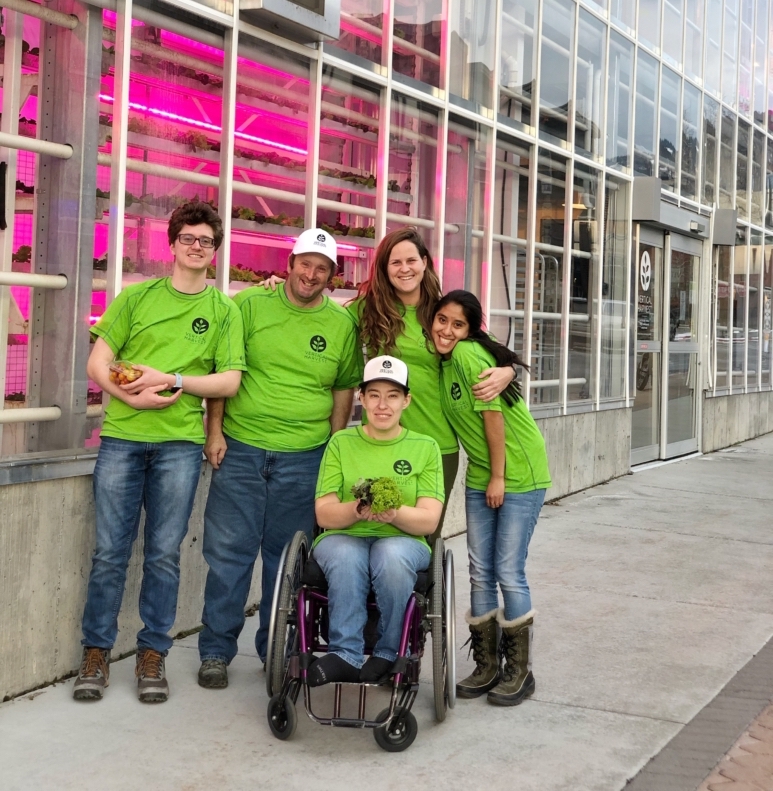
While Vertical Harvest has always held a deep commitment to Diversity, Equity, and Inclusion (DEI), we’ve realized that, just like with anything else, if you don’t keep something on the front burner, it will get moved to the back.
DEI is too important to slide into the back burner!
Key members of our team, including Co-Founder Caroline Croft Estay and February 2021 Changemaker of the Month, Thibaud Sanchez, will soon spearhead a program to keep our DEI always top of mind. Working with The Jackson Hole DEI Collective, they will begin the Compass Training process. This process was developed by Nova Collective, a black-owned, women-owned company devoted to transforming organizational cultures.
Our internal team will use Nova’s training tools to create a custom program specifically for Vertical Harvest. Stay tuned for more details on that as the weeks go on.
Informal Lunches & Resources
In addition to the formal program in the works, the team recently began informal monthly working lunches. Each lunch features a different DEI theme. For example, employees spent this first quarter of 2021 unpacking what the words Diversity, Equity, and Inclusion actually mean (some learnings from that below). In the second quarter they will move on to other topics, including gender issues, LGBTQ issues, and multigenerational diversity issues.
The DEI team also is building a resource library of books, podcasts, videos and other resources, which we will soon add to the Inclusion page here on the Vertical Harvest website. We also will open up this very blog to many more diverse voices, both within the company (Voices of Vertical Harvest) and without (Guest Voices). Finally, we are researching ways to actively pursue anti-racism work in our local Teton County community and in our expansion communities across the U.S.
As a company and a nation, as we work to form a more perfect union and a more perfect workplace, we want to always keep the lessons and learnings of DEI in mind. Here are three key takeaways from the last few months:
- Equity Defined: “Equality” means everyone gets a pair of shoes. “Equity” means everyone gets shoes that actually fit. Solutions and opportunities are not and should not be one size fits all. They must take into account the variables that led to inequity.
- Communities are Not Monolithic: Not every person in a minority group thinks the same as the next. Even here at Vertical Harvest, our disabled employees had very differing views as what terminology we should use to refer to that part of our workforce. While half felt more comfortable with the term “differently abled,” finding it positive and all-encompassing; the other half preferred “developmentally disabled,” finding it less patronizing and more direct. So, we use both!
- Lead with Understanding and Meet People Where They Are: We should always be committed to “calling people in” instead of simply calling people out. This means that while we must be vigilant in pointing out racism or cultural appropriation in any form, we should approach these interactions in a kind and inclusive way.
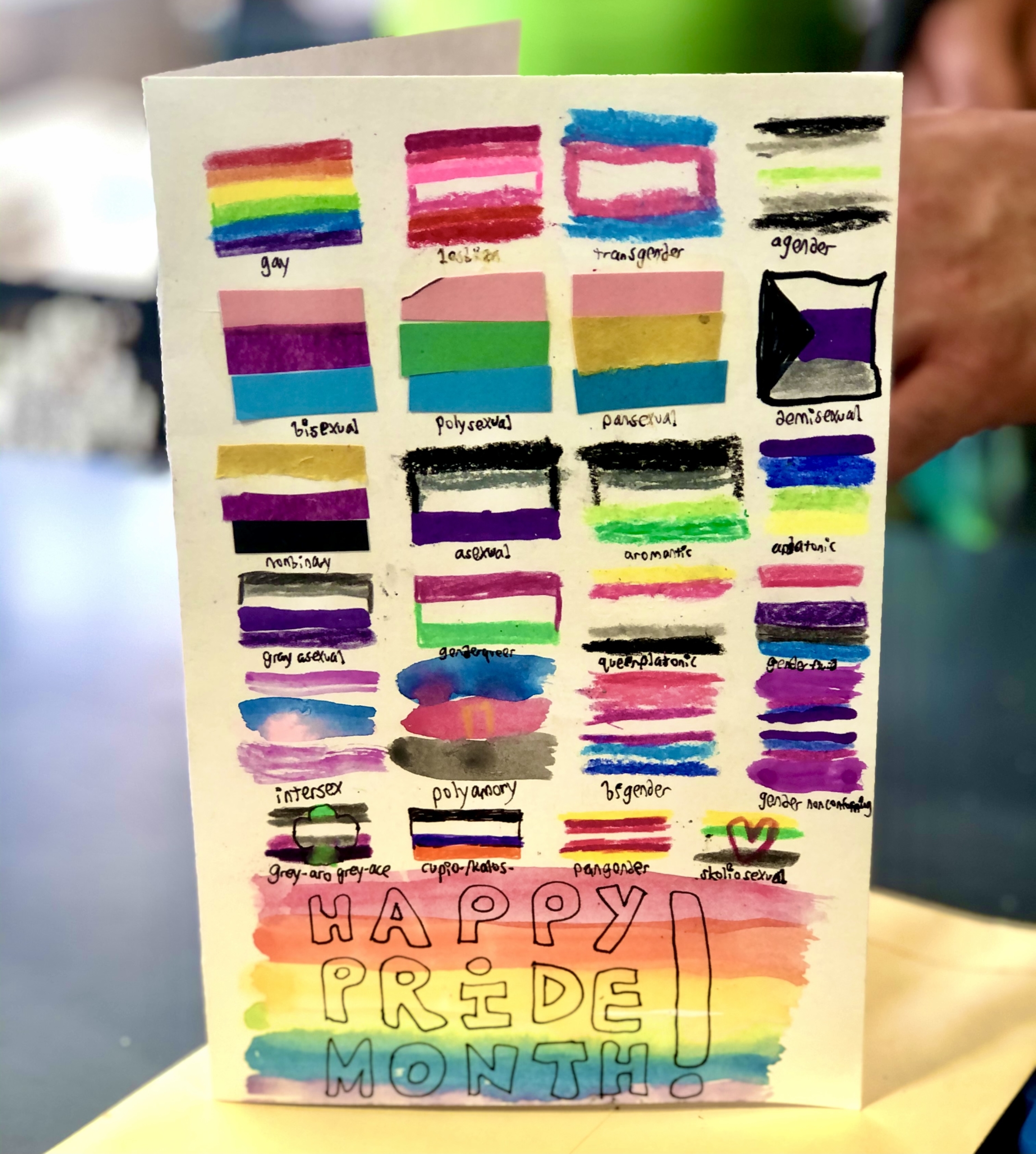
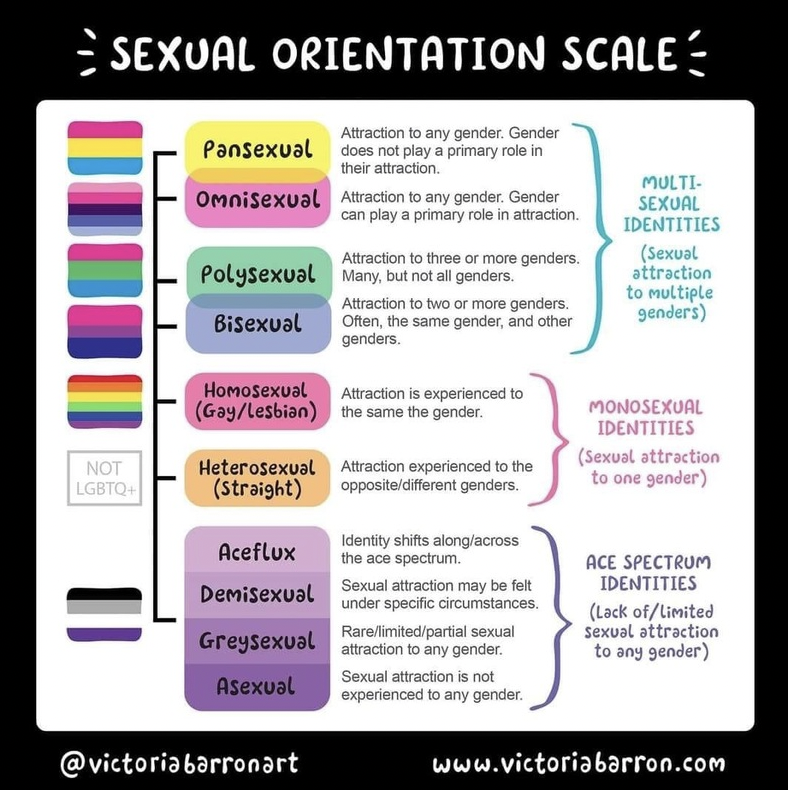
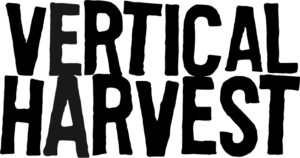
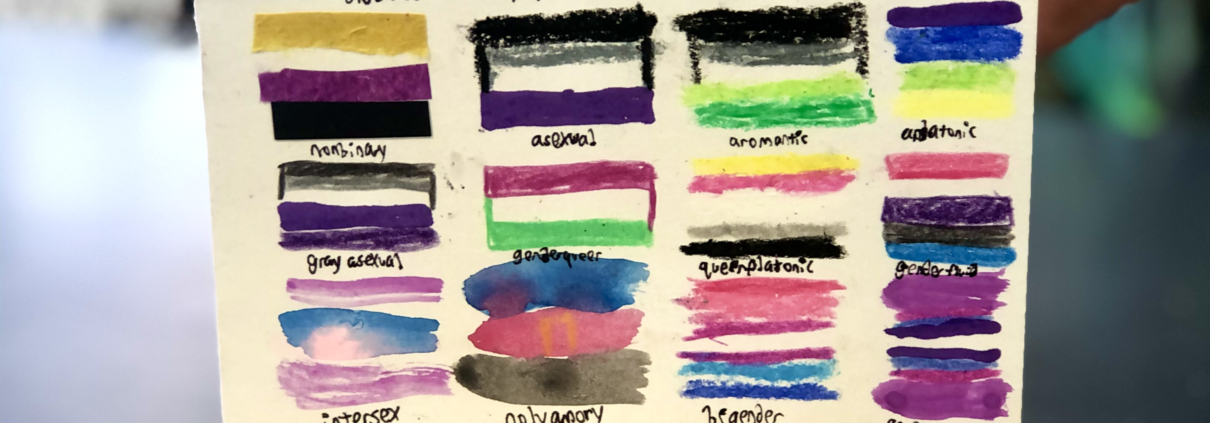

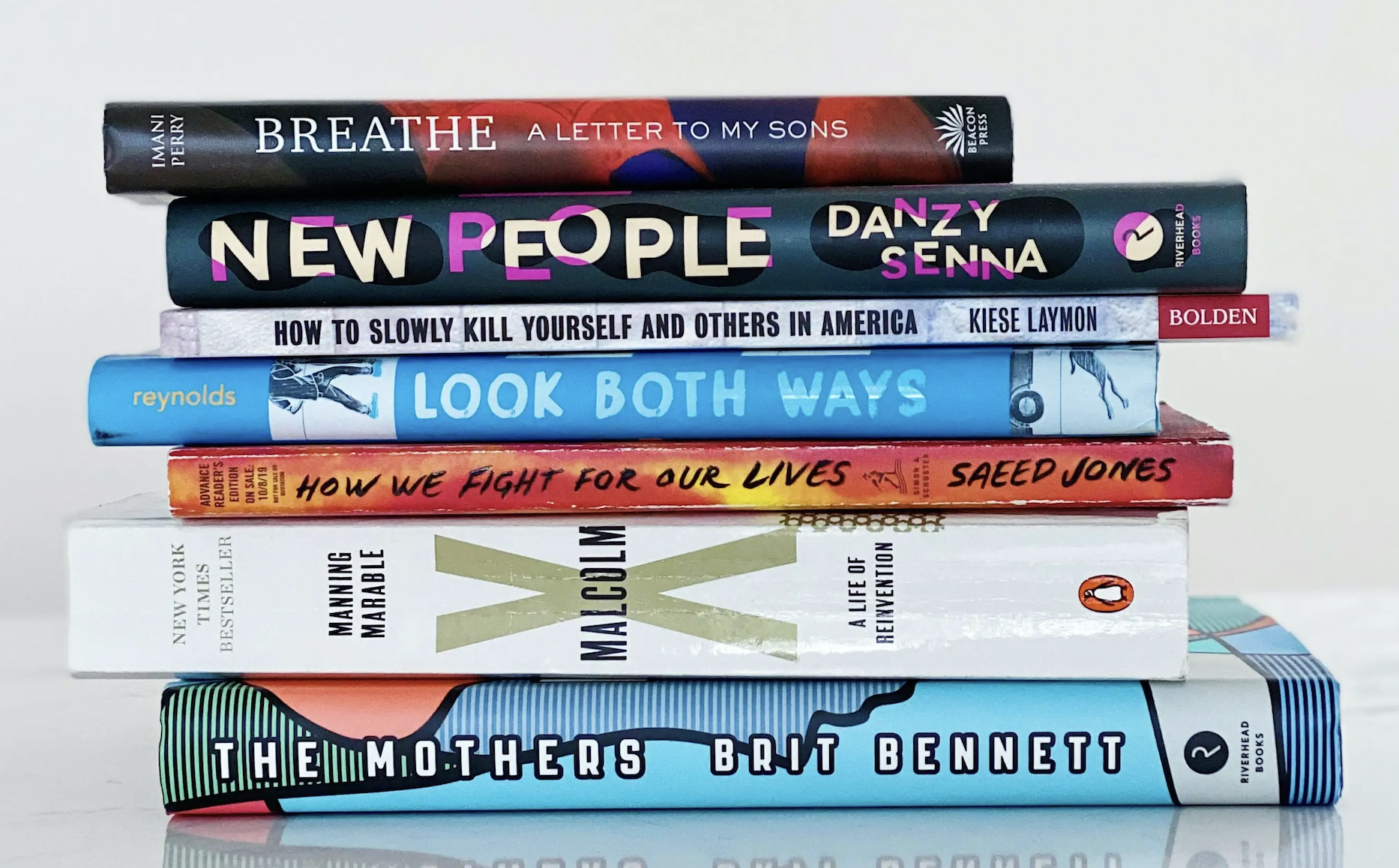 As part of our ongoing commitment to explore issues of Diversity, Equity and Inclusion (DEI), Vertical Harvest recently began a DEI book club — held every Tuesday from 4-5 pm. Open to all Vertical Harvest team members, the group reads and discusses books that delve into topics surrounding racism, sexism, bigotry, and ableism. The team examines one book a season, taking time to probe multiple learnings and insights.
As part of our ongoing commitment to explore issues of Diversity, Equity and Inclusion (DEI), Vertical Harvest recently began a DEI book club — held every Tuesday from 4-5 pm. Open to all Vertical Harvest team members, the group reads and discusses books that delve into topics surrounding racism, sexism, bigotry, and ableism. The team examines one book a season, taking time to probe multiple learnings and insights.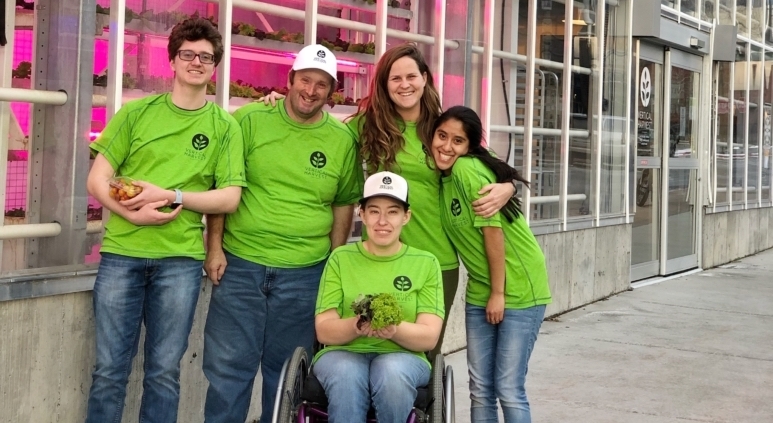

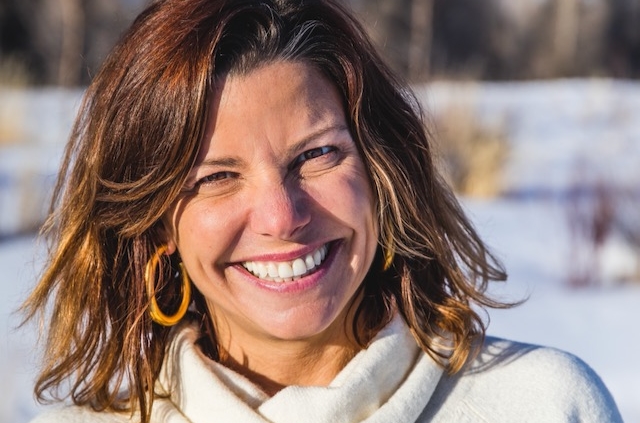
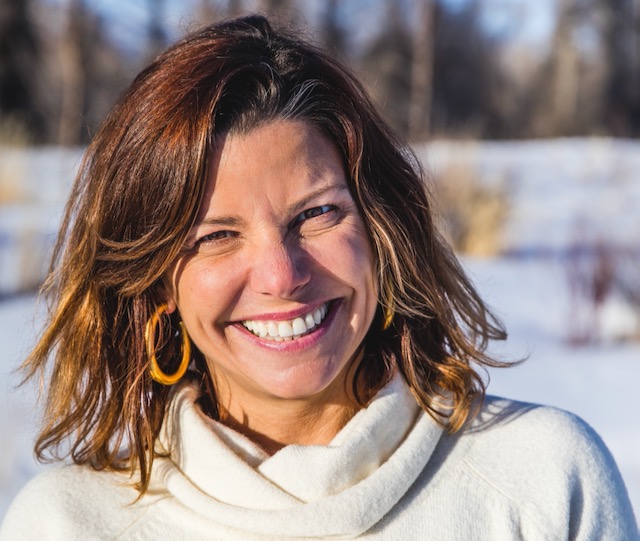
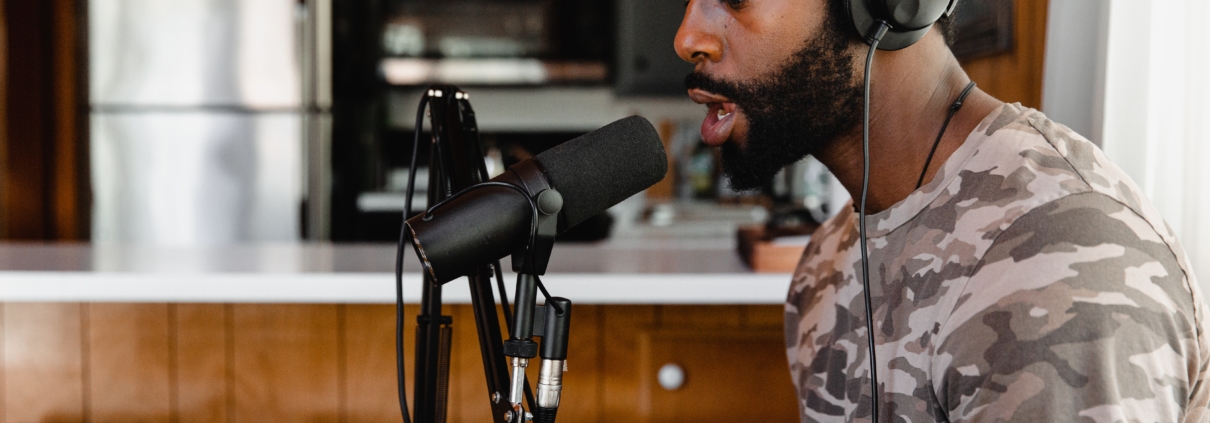
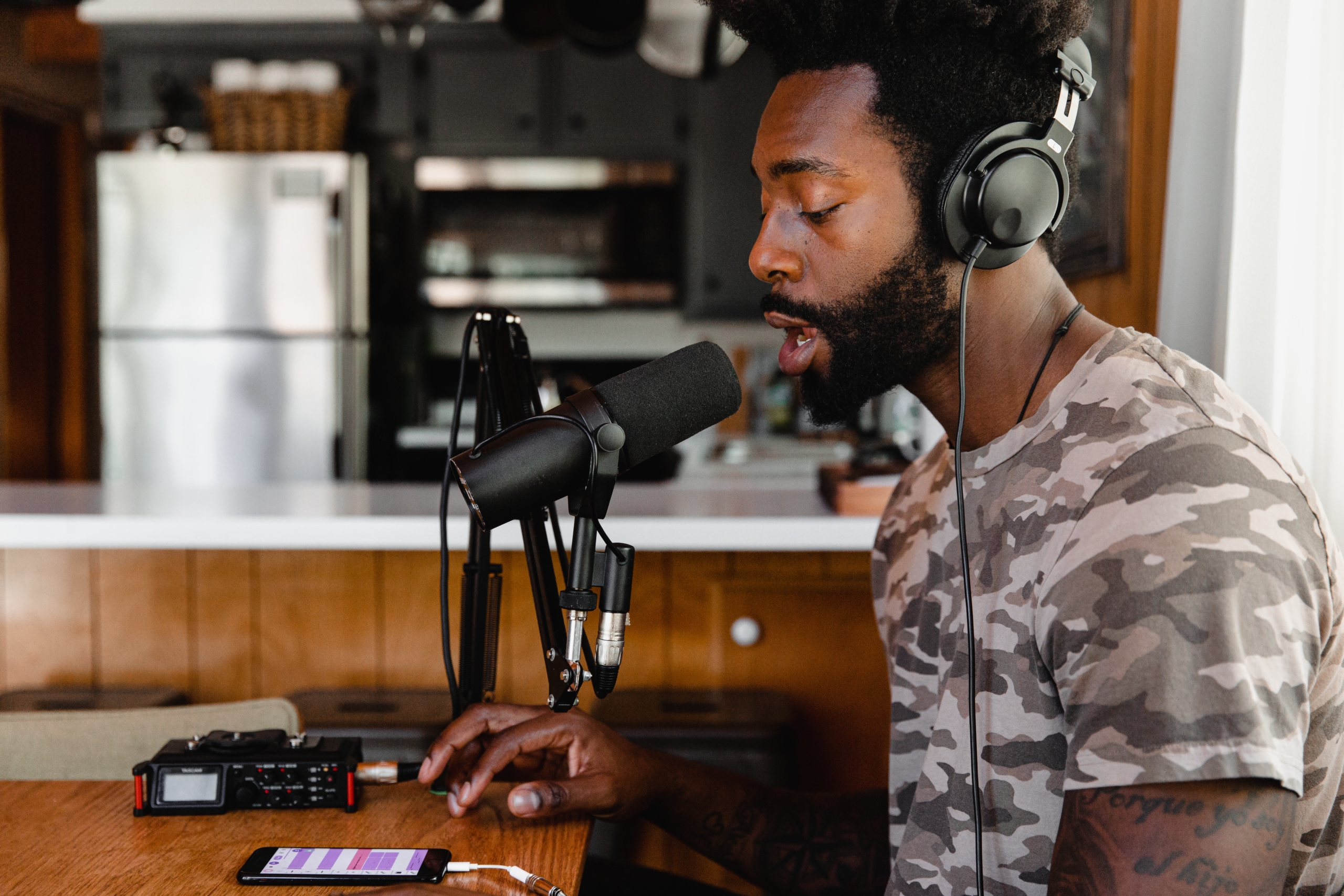
![This week, we were honored to welcome Governor Janet Mills to Vertical Harvest Maine.
The Governor’s visit marks more than a milestone, it’s a powerful validation of what’s possible when public investment meets private innovation with purpose.
Vertical Harvest is designed to do more than grow fresh, nutritious food year-round. It’s a model for inclusive, climate-resilient infrastructure, creating meaningful employment for people with and without disabilities, reshoring local food production, and reimagining what a just food system can look like.
As our CEO and Co-Founder Nona Yehia shared during the visit:
“We’re on the cusp of bringing this innovative model to life—and the Governor’s leadership gives communities and businesses alike the confidence to think outside the box. What’s being built here in Westbrook is more than a farm—it’s a blueprint for resilience, equity, and prosperity.”
With just $2 million left to raise before we can open at full scale, we’re incredibly grateful for the momentum—and for the opportunity to showcase the promise of what’s growing in Maine.
[Image Descriptions: Image one is of Nona and Janet Mills in front of the growing racks smiling with purple light in the background. Image two is of Mills and the VH team in the seeding area performing a seeding demonstration. Image three is of Nona and Mills looking at the growing racks and trays of microgreens.]
#VerticalHarvest #FutureOfFarming #InclusiveWorkforce #UrbanAgriculture #Sustainability #FoodIsHope #MaineInnovation #PublicPrivatePartnership](https://verticalharvestfarms.com/wp-content/plugins/instagram-feed-pro/img/placeholder.png)
